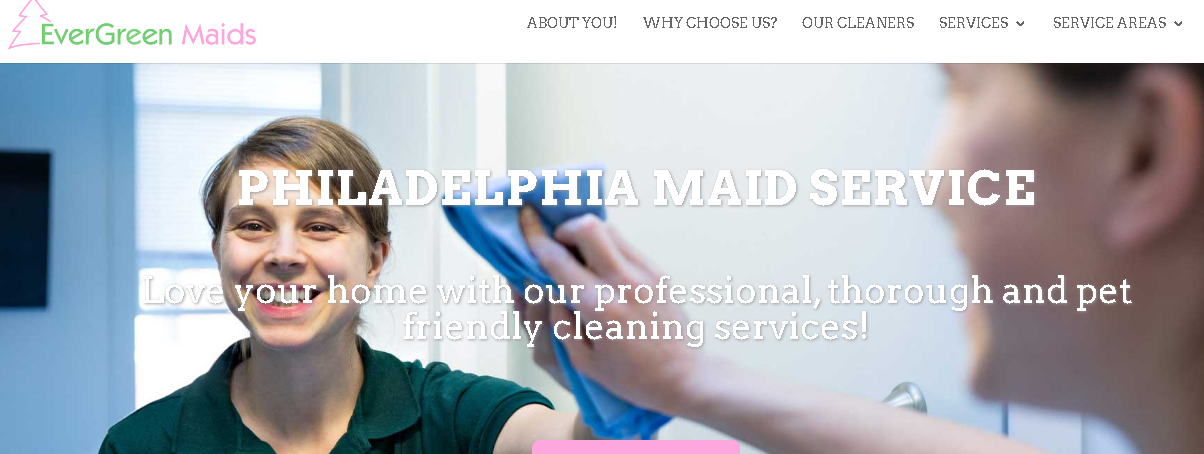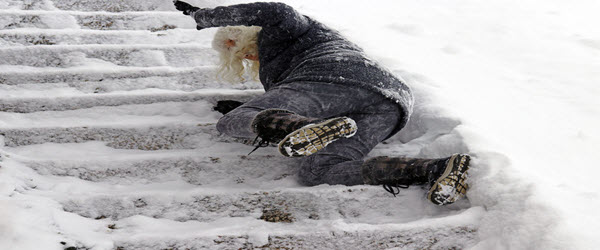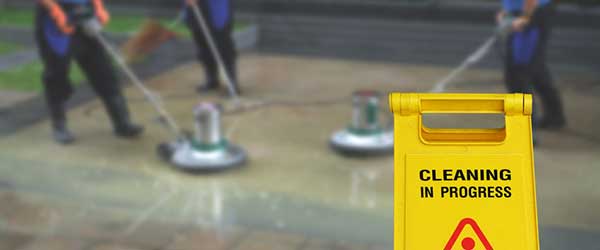Small business insurance is about protecting what you have built against those who have the ability to tear it down.
[EasyDNNnewsToken:Left Justify Embed 300 x 250]Running a business is an inherently risky endeavor. The good news is that most of the risks that threaten a cleaning business are known quantities. The better news is that there are established strategies for minimizing the likelihood that any of those risks will drain your finances.
Read on for an overview of how cleaning professionals can reduce their risks so they can keep serving clients and growing their revenue.
Risk Management for Cleaning Businesses
Risk management is a lot like fitness: to see benefits, you have to build it into the way you operate every day. Here’s a look at the major sources of risk for small cleaning businesses and how you can manage each:
– Your equipment and supplies: Remembering to perform basic maintenance is one of those once-in-a-while things that’s all too easy to put off. To make sure you’re not blindsided by expensive repair or replacement bills, schedule 12 months’ worth of equipment maintenance at the beginning of the year.
– Your employees: The work your employees do can lead to a variety of injuries. Keep them healthy and working by providing training for lifting techniques and encouraging the use of kneepads, protective goggles, and other safety gear. And make sure you’re familiar with your state’s Workers’ Compensation Insurance laws: in most of the country, businesses that have even one employee are required to carry this coverage.
– Your clients: Cleaning other people’s spaces – whether personal or professional – means your employees are in contact with a lot of client property. Damage from cleaning products, spills, and accidental breakage can all lead to unhappy clients. And unhappy clients are a key ingredient in lawsuits against your business. Manage relationships by offering to repair or replace anything your employees damage.
– Your reputation: In the age of social media, it’s easier than ever to spread the word about your services. But it’s also easier for dissatisfied customers (or malicious competitors) to badmouth you online. If you use social media, have a plan in place for monitoring the online conversation. Respond to negative comments in a timely and productive manner, and remember that an unhappy customer who vents online is the perfect opportunity to demonstrate (in public!) your excellent customer service skills.
How Business Insurance Helps Cut Your Risks
Business insurance is a valuable risk management tool, but it’s misunderstood by many small business owners. Here’s a quick guide to how you can strategically add business insurance to your existing risk management plan to make your business the strongest it can be.
Myth: Only big businesses need business insurance.
Business insurance can protect a business of any size. In fact, if you do commercial cleaning, you already know that most clients require you to have at least General Liability Insurance before signing a contract. And state laws in most of the country mandate Workers’ Compensation coverage for businesses with employees.
But here’s the really good news: there’s a special kind of insurance for small businesses called a Business Owner’s Policy (BOP). If you qualify, you’ll get General Liability (GL) and Property Insurance in one policy – and a discount on your premium.
Myth: I have insurance, so I’m covered!
No insurance policy protects you from everything. A GL policy, for example, doesn’t cover your business property. The good news? There are small business insurance policies designed to protect you against most risks. Still, it’s important to manage risk in other ways for full protection.
Myth: I can’t afford business insurance.
[pull quote] If you can’t afford insurance, you certainly can’t afford a lawsuit claiming you ruined a client’s priceless family heirloom. Or brand-new equipment. Or a temporary employee.
Policies for small businesses are priced to fit small budgets. Agents familiar with helping small cleaning businesses know where to go for the best deals and how to make sure you’re covered for the lowest premium possible.
Myth: I don’t need business auto insurance.
If you or your employees drive personally owned vehicles for work, you may not be covered for accidents that happen when you’re on the job. Check your personal auto policy to be sure. If necessary, you can get a Hired and Non-Owned Auto policy that will keep your employees and their cars safe on the job.
Ted Devine is the CEO of Insureon, the nation’s leading online insurance provider for small businesses.






